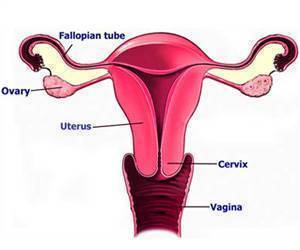The number of women working night shifts has increased at a faster rate by 12 percent since 2007, compared to a 4 percent rise for men.

Working night shifts increases the likelihood of developing cancer, heart disease, diabetes, obesity and depression. It also affects employee’s social and family life.
Compared with the overall workforce, people from black and ethnic minority backgrounds work at night. Young employees are also far more likely to be employed at night than other colleagues.
TUC’s report was published ahead of a strike by London Underground workers over public transport provision at night. The unions have expressed concerns over that Tube workers may suffer poor health as a result of night shifts.
Regional officer for Unite Hugh Roberts said that London Underground had “failed to give future guarantees over work-life balance and unsocial hours working. It has offered nothing meaningfully new. Its refusal to give firm long-term commitments on the number of weekend and unsocial shifts expected to be worked leaves our members unable to plan their future family time."
The report called for late-night staff to be given extra rights to protect them from exploitation that could harm their mental and physical health.
Advertisement
TUC general secretary Frances O’Grady said, “We all value night workers, whether they are cleaning our office, caring for a sick relative or driving all night so that there are fresh goods in our local shop. But night work is hard and it disrupts family life. So we must show our appreciation for the sacrifices night workers make by ensuring they have sensible rights and protections.”
Advertisement
Source-Medindia










